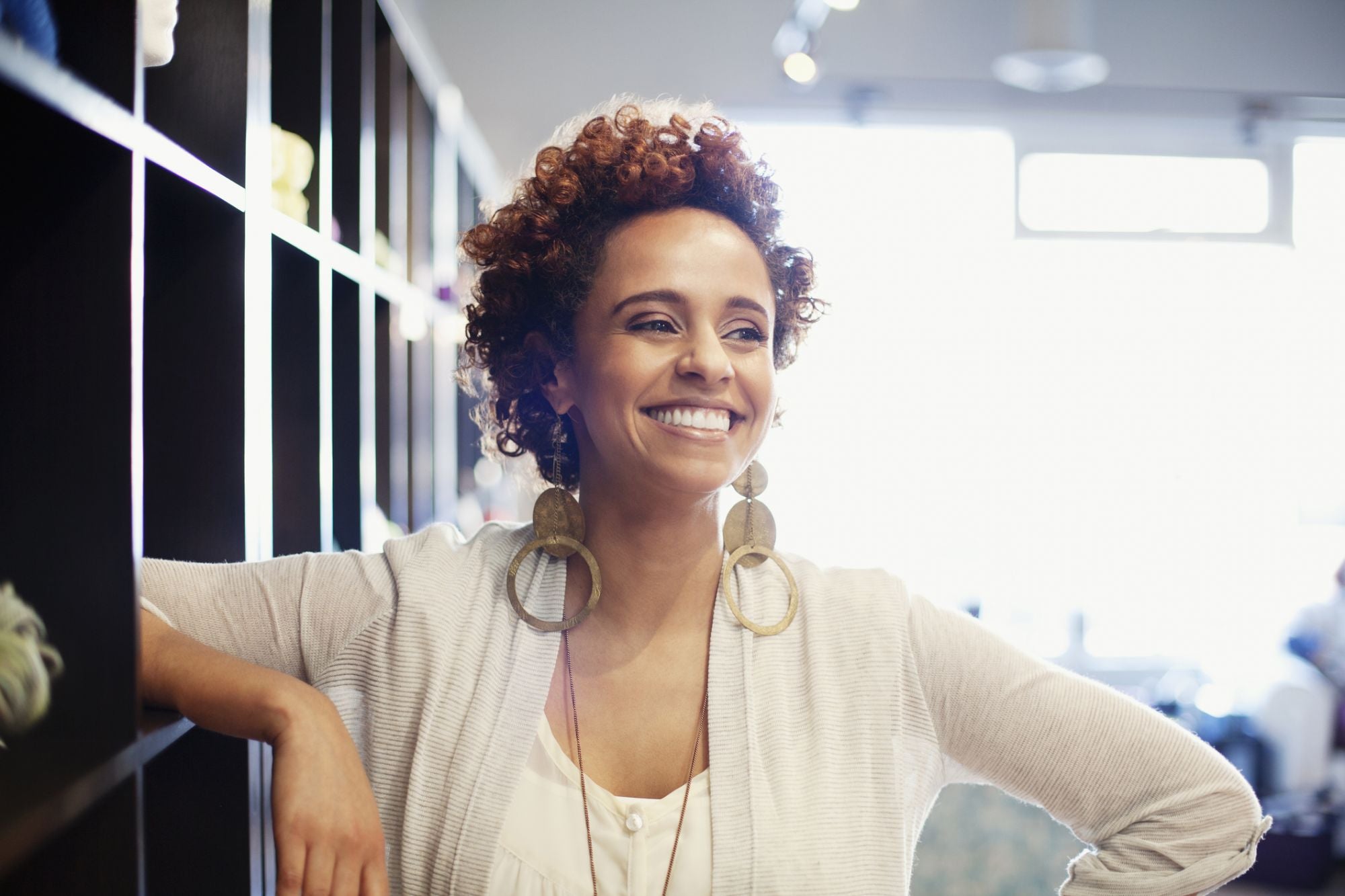The Pros And Cons Of Regulating Social Media InfluencingWhat happens when an influencer gives poor advice– advice that turns out to be harmful, either physically or psychologically?
Opinions expressed by Entrepreneur contributors are their own.
You're reading Entrepreneur Middle East, an international franchise of Entrepreneur Media.

There are celebrities in all of the arts –musicians, actors, authors– and even those who are universally known because of their wealth or political leadership. They are in the news a lot. Then there are "celebrities" who are known by their followers on social media, also known as micro-influencers. Some give advice on health and fitness; some advise on beauty, fashion, cooking or love and marriage. The most well-known can have up to millions of followers, and most are in younger generations.
So important have these influencers become, that companies are using them for marketing their products and services, and some are making huge sums for their endorsements. In fact, the average spending per influencer marketing program reachedUS$50,000 in 2017.
But what happens when an influencer gives poor advice– advice that turns out to be harmful, either physically or psychologically? Or when an influencer deliberately delivers lies that constitute libel or slander? While traditional media outlets (i.e., television and radio) have been licensed and regulated for decades, social media has enjoyed rather complete freedom of speech.
Related:In Defense Of Influencers: The Importance Of Protecting Your Personal Brand
A new trend toward licensing and regulation
Earlier in March this year, the National Media Council of the UAE announced new regulations affecting anyone using social media for commercial purposes. By June, these individuals must register with the government and be licensed, in order to continue to use social media for marketing.
The new regulations are clearly aimed as social media influencers, as well as electronic news sites, publishers, and on-demand printing niches. According to The Council Director, Mansour Ibrahim Al Mansouri, the goal is to enhance the reliability of what people see and read online. It will hold people accountable for what they say and advise, should their content prove harmful or untrue.
Certainly, there are some good reasons for regulating the words and actions of influencers who have large followings. Here are a few examples.
- Suppose an influencer with no medical background provides health advice that seriously harms his/her followers. At this point, except in the UAE, there are no consequences. The same cannot be said for a doctor who is subject to medical malpractice lawsuits and even criminal charges. And that doctor is fully licensed to practice medicine.
——假设一个影响者与一个年轻,impressionable following urges those kids to engage in risky behaviors, and some injuries occur? A licensed teacher who did the same would suffer severe consequences.
To date, most social media platforms have beenlargely self-regulatory, and that has not always worked well. During the 2016 U.S. election, for example, there were a lot of fraudulent users of Facebook and Twitter who were actually agents of other countries, attempting to influence voters. So significant was this practice, that the U.S. Congress hauled the owners in during its investigation of the problem.
Free speech vs. harm
This is clearly the issue. While certainly, free speech is a valued principle in many countries, it can go too far. But social media is a very different "animal."
People are told not to take what they see and read on the Internet as total truth– anyone can post almost anything, including harmful advice. And because social media platforms are privately held corporations, they can make their own rules about who participates and what they say. To date, they are heavily on the side of free speech. It is up to the individual participant to discern fact from fiction and good from bad. The other side of this argument is also somewhat valid. Corporations that advertise their products, for example, must be truthful about those products.
The other issue related to social mediais one of liability. If regulations are in place that make certain content illegal, and someone who has a personal account violates the law with his/her posting, who is liable? The individual or the owner of the platform who allowed that violation, or both?
Clearly, the Internet and social media in particular have brought a number of legal questions, and the discussion has only begun. It will take a lot of sorting out of details, as any government attempts to regulate what people say or do online.
The UAE has clearly begun the discussion, but the devil will clearly be in the details. Now that social media outlets and influencers will have to acquire a license, for example, what next? What will be the "rules" that determine what is okay and what is not? And how will courts determine these things until a body of law exists surrounding proper use of social media? We'll have to wait to find out over time.
Related:Despite Challenges, There Is A Business Case To Be Made For Influencers In The Middle East











